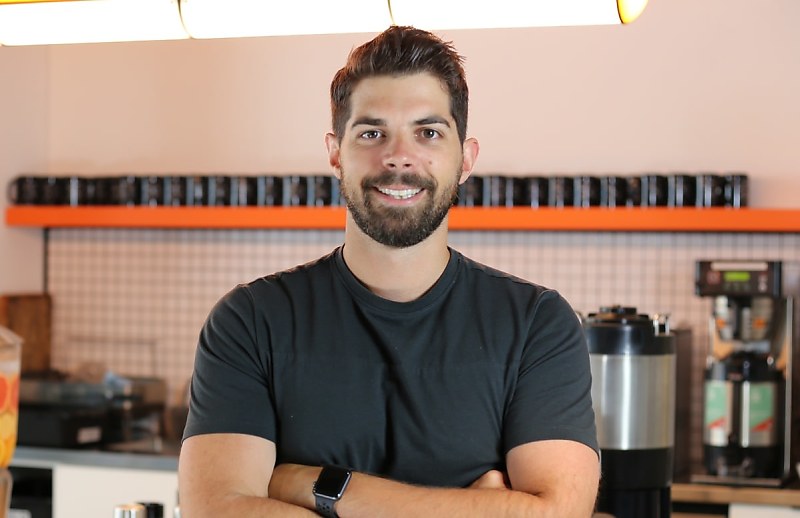Poor image, talent mismanagement stunt profession: Xero chief
BusinessXero Australia boss Will Buckley says accountants should focus on more than just numbers to combat negative stereotypes.

A poor public image and talent mismanagement are the two greatest challenges facing the accounting profession, according to Xero Australia manager Will Buckley.
He said a perception of accountants as merely “numbers people” was stunting growth and making it difficult to attract and nurture entrants.
“While we understand the role that bookkeepers and accountants play in the success of small business, it’s fair to say that others don’t,” he said at the software giant’s Xerocon event in Sydney.
In reality, accountants were “financial storytellers” and “relationship builders”, he said and those should be persuasive images.
“For every kid that says they want to be a ballet dancer, an artist, an astronaut, a tennis player, we do want one to say that they want to become a bookkeeper or an accountant.”
But negative stereotypes had made accounting increasingly unattractive for students, he said, with CPA Australia reporting that accounting firms took in 19 per cent fewer graduates in the decade leading up to 2020.
At the same time, those opting for banking and finance had risen 23 per cent.
Mr Buckley said that finding a meaningful purpose and educating others about the value of accountants could help combat misconceptions.
“When people see that you’re about more than just the numbers, they will be more inclined to join you,” he said.
“Design beautiful experiences for your people and also design beautiful experiences for your clients. The more people share positive experiences that they’re having with accountants and bookkeepers, the more that positive perception of the industry can grow.”
“Your clients will also become advocates for you, redefining what the profession does and breaking down stereotypes.”
Mr Buckley also said that the partner track did not do enough to nurture talent. Instead, it created a “leaky bucket”, leading to poor retention outcomes and shrinking talent pools.
“As a graduate, from the minute you first step foot into the industry, it’s either a grind or sizing up your best exit strategy.”
“What we need to do is we need to highlight the other opportunities and possibilities that do exist,” he said, and suggested adopting flat organisational structures that placed less emphasis on traditional graduate-to-partner pathways.
Mr Buckley also said that AI could help accountants focus more on “meaningful experiences” at work and for their clients and downplayed concerns it would replace jobs.
“I’m going to be really clear: AI should not take anyone’s job in this profession,” he said.
He said that when employees used AI to shift from monotonous data entry to data flow, “the scope for opportunity for positive impact became exponential”.
“Building trust, having meaningful conversations informed by data, and harnessing the latest technology, is where the real magic happens.”
He said that businesses that adopted technology made over twice the amount of revenue compared to those that delayed it, and it was incumbent upon those within the profession to push for continuous learning and development.
“Whether you’re a sole practitioner, a firm owner, or an employee, you should be offering and receiving support because learning from your peers and swapping knowledge is vital so the entire profession can lift each other up.”




